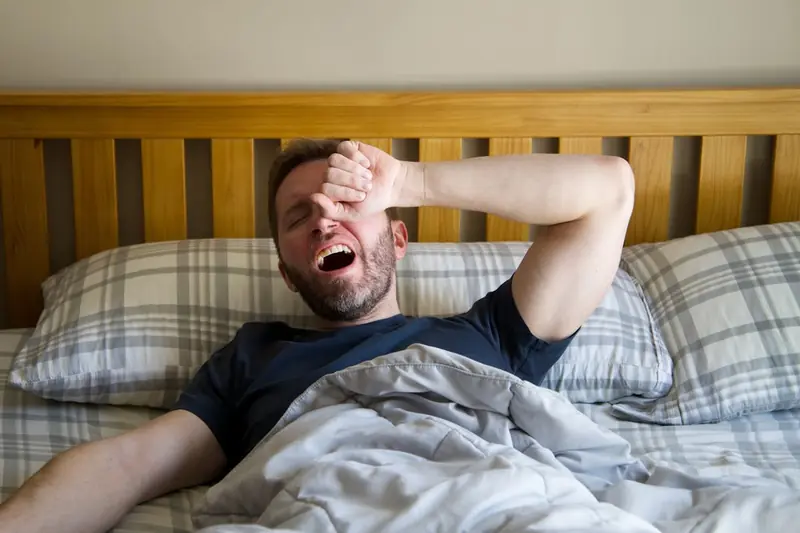
A recently discovered rare genetic mutation allows some individuals to thrive on just four to six hours of sleep each night, feeling refreshed and active during the day. In contrast, most people require around eight hours of nightly rest.
Researchers at the University of California, San Francisco, detailed the fascinating mutation SIK3-N783Y in a report on their new study, which involved testing it on sleep-deprived mice.
What Did the Researchers Discover?
The team of scientists stated that some lucky individuals possess a rare genetic mutation that enables them to feel well-rested even after just four hours of sleep. Meanwhile, the majority of us need about eight hours to function normally.
The researchers dubbed the mutation “super sleep” SIK3-N783Y. They studied it using genetically modified mice and found that those with this mutation slept less than those without it.
In fact, SIK3-N783Y is just one of several mutations that researchers associate with shorter sleep patterns. Scientists hope that by understanding the genetics of people who naturally sleep less and feel good on fewer hours of sleep, they can develop new effective treatments for sleep disorders.
“Our bodies continue to work while we sleep, clearing toxins and recovering from damage,” said co-author of the study, neurobiologist and geneticist In-Huei Fu. He noted that “the bodies of people who sleep less perform their functions during sleep at a higher level.”
People with the Rare Mutation Feel Worse if They Sleep Longer
There are numerous negative consequences associated with a lack of sleep, including feelings of sluggishness, forgetfulness, and an increased risk of heart disease. The amount of sleep we need changes with age. Most adults require about seven to nine hours of sleep each night to be in good shape during the day, according to Live Science.
Meanwhile, those who thrive on just four to six hours of sleep typically feel worse if they sleep longer than usual, the team reported.
Researchers still have much to learn about the genetics of people who naturally sleep less and their nighttime superpower.
The findings of the study were published in the journal PNAS.
